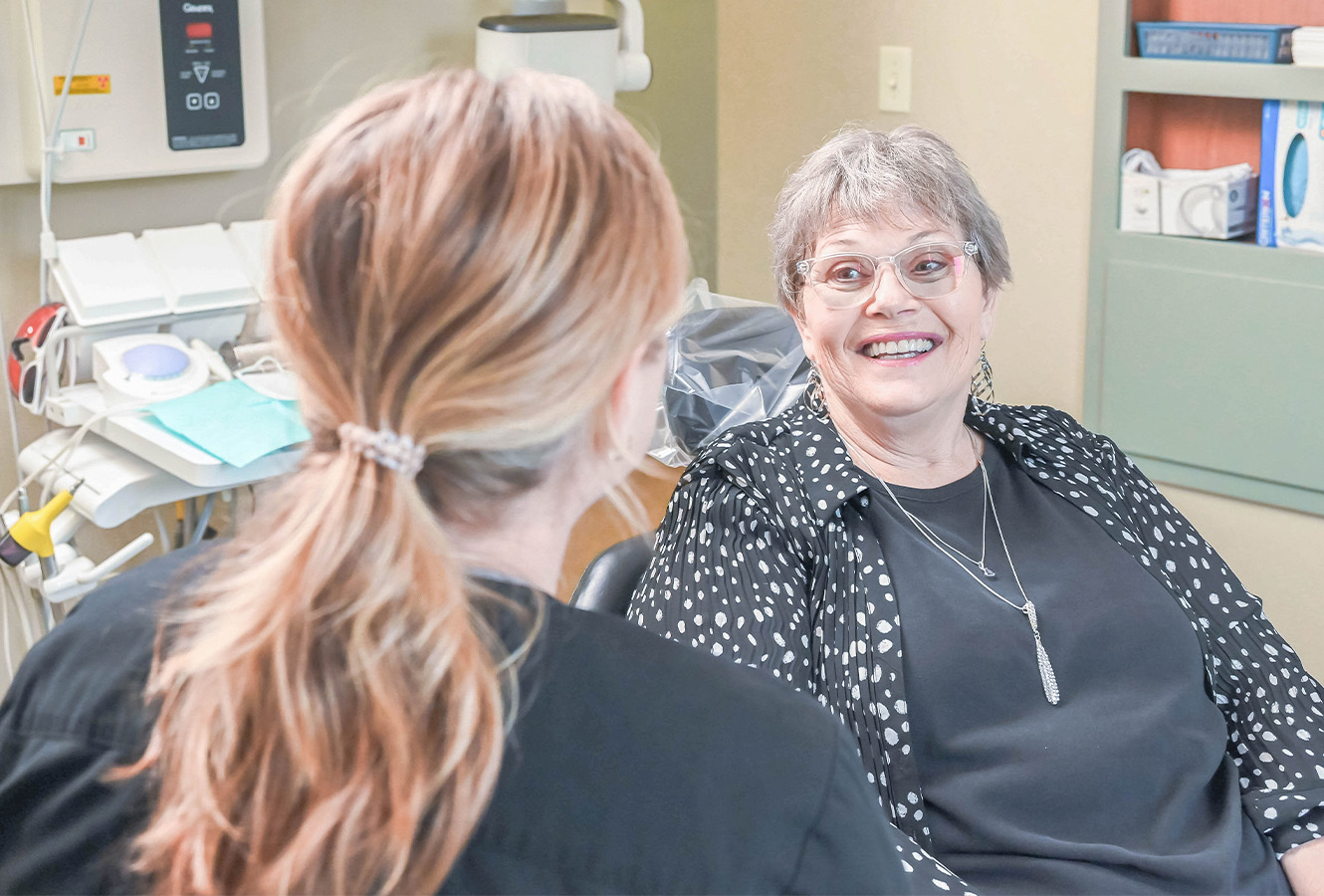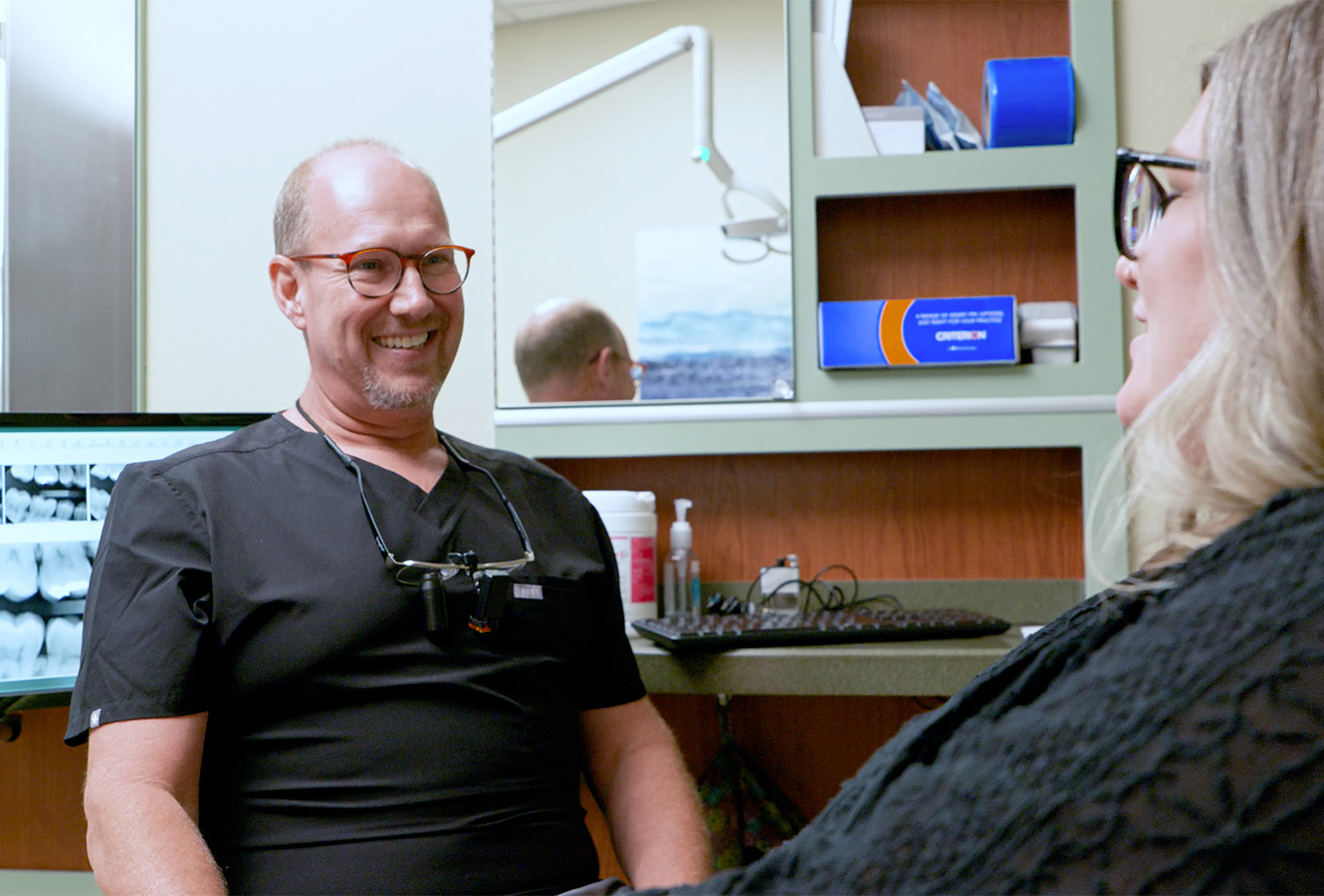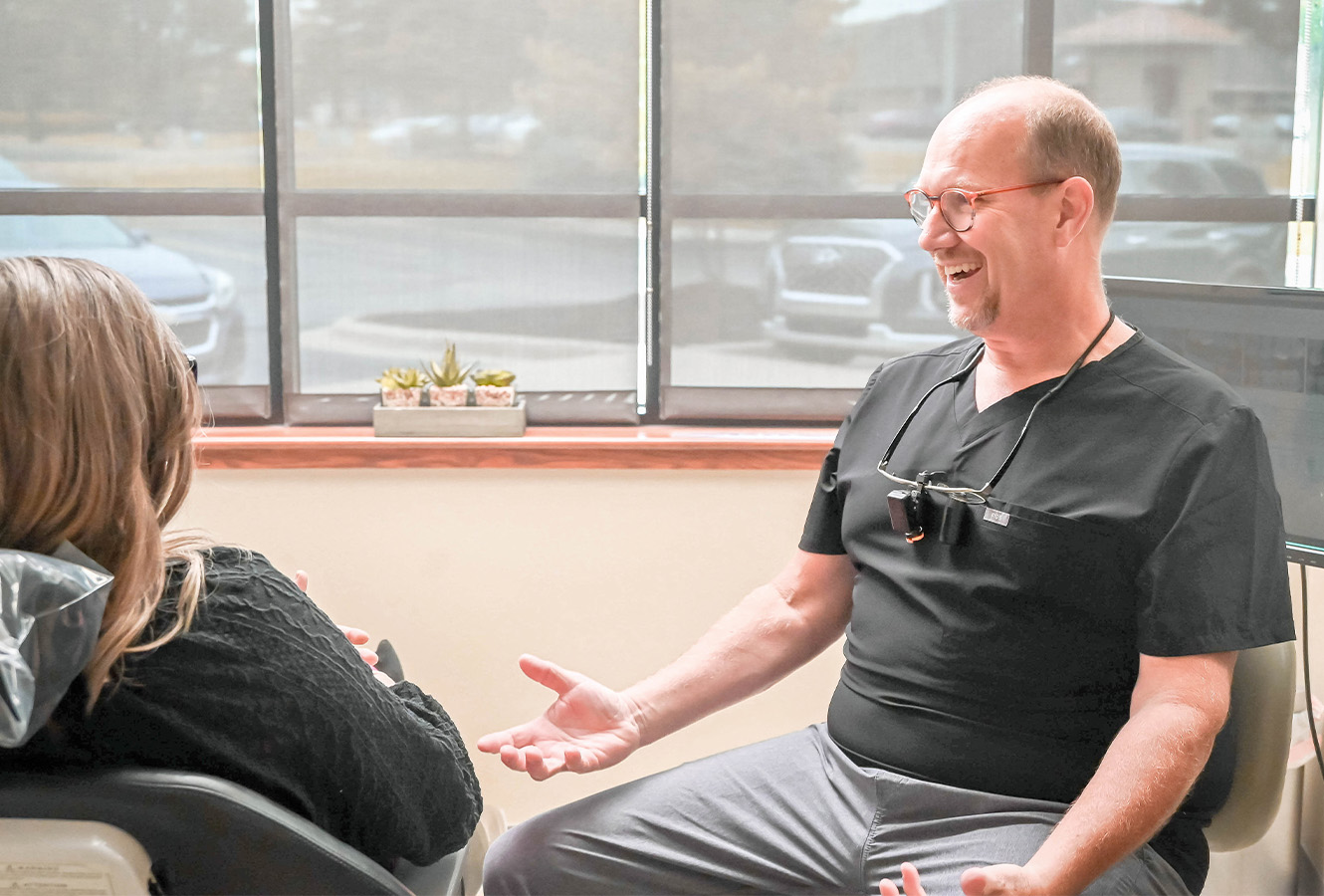
When It's Time to Get Evaluated
Many people live with sleep apnea without realizing it. The signs are often mistaken for a mild habit of snoring or simple fatigue. However, if you experience any of the following symptoms, it may be time to schedule a proper evaluation with our dentist:
- Loud, chronic snoring
- Waking up gasping or choking
- Morning headaches
- Daytime sleepiness or fatigue
- Dry mouth or sore throat upon waking
- Trouble concentrating or memory issues
- Mood swings or irritability
Obstructive sleep apnea (OSA) occurs when there is a blockage in your airway that prevents air from moving freely through your windpipe while you sleep. Instead of even breaths, there are periods of no breathing which result in blood oxygen levels dropping and the activation of a survival reflex that wakes you up enough to breathe properly. This disruptive condition affects millions of people, with certain risk factors making some individuals more susceptible.
Those risk factors include:
- Being overweight or obese
- Having a thick neck or narrow airway
- A family history of sleep apnea
- Smoking
- Frequent alcohol consumption
- Being male or over the age of 40
If these symptoms or risk factors sound familiar, a sleep apnea evaluation is a smart next step.


Options for Treating Sleep Apnea
Dentists like ours play a key role in treating sleep apnea—especially when it comes to oral appliance therapy. We create custom-fit devices that reposition your lower jaw or tongue to keep your airway open during sleep. These appliances are comfortable, easy to wear, and often preferred over CPAP machines.
Custom night guards are:
- Quiet and discreet
- Portable for travel
- Simple to clean and maintain
In some cases, anatomical issues like a narrow dental arch or crowded teeth may contribute to airway blockage. When that's the case, our sleep apnea dentist may refer you to a local orthodontist for corrective treatment. For severe cases that don't respond to conservative care, surgical intervention may be considered—but most patients find relief with oral appliance therapy alone.


